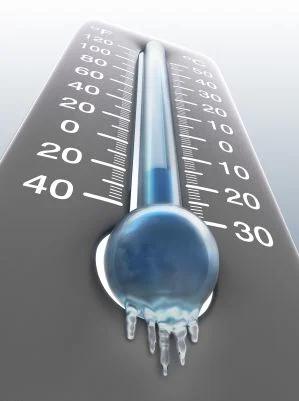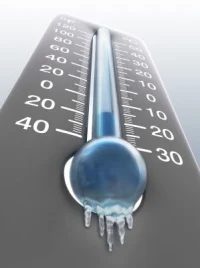Moderate reductions in body temperature can improve outcomes after a person suffers a traumatic brain injury (TBI). New research that identifies positive effects of mild hypothermia on brain tissue is presented in an article published in Therapeutic Hypothermia and Temperature Management, a peer-reviewed journal from Mary Ann Liebert, Inc., publishers. The article is available free on the Therapeutic Hypothermia and Temperature Management website at http://www.liebertpub.com/ther.
The article “Effects of Mild Hypothermia Treatment on Rat Hippocampal
β-Amyloid Expression Following Traumatic Brain Injury” coauthored by
Shi-Xiang Cheng, Sai Zhang, Hong-Tao Sun, and Yue Tu, Logistics College
of the Chinese People's Armed Police Forces, Tianjin, China, is part of a
special issue of Therapeutic Hypothermia and Temperature Management
highlighting research conducted in China. Ji-Yao Jiang, PhD, MD,
Jiaotong University School of Medicine, Shanghai, is Guest Editor of the
special issue.
Cheng et al. compared the effects of normal temperature and
hypothermia on rats with TBI. The animals treated with hypothermia had
significantly improved behavioral scores and a greater number of
surviving neurons compared to the normothermia group. The
hypothermia-treated group also had significantly reduced levels of
proteins that are produced by hippocampal tissue in the brain following
TBI and that have been linked to increased severity of brain injury and
subsequent cognitive dysfunction and possibly central nervous system
disorders.
“This interesting manuscript provides new information underlying the
beneficial effects of mild hypothermia on cellular responses to TBI and
identifies an important target for therapeutic treatments,” says W.
Dalton Dietrich, III, PhD, Editor-in-Chief of the Journal and Kinetic
Concepts Distinguished Chair in Neurosurgery, Professor of Neurological
Surgery, Neurology and Cell Biology, University of Miami Leonard M.
Miller School of Medicine.
Source: AlphaGalileo










